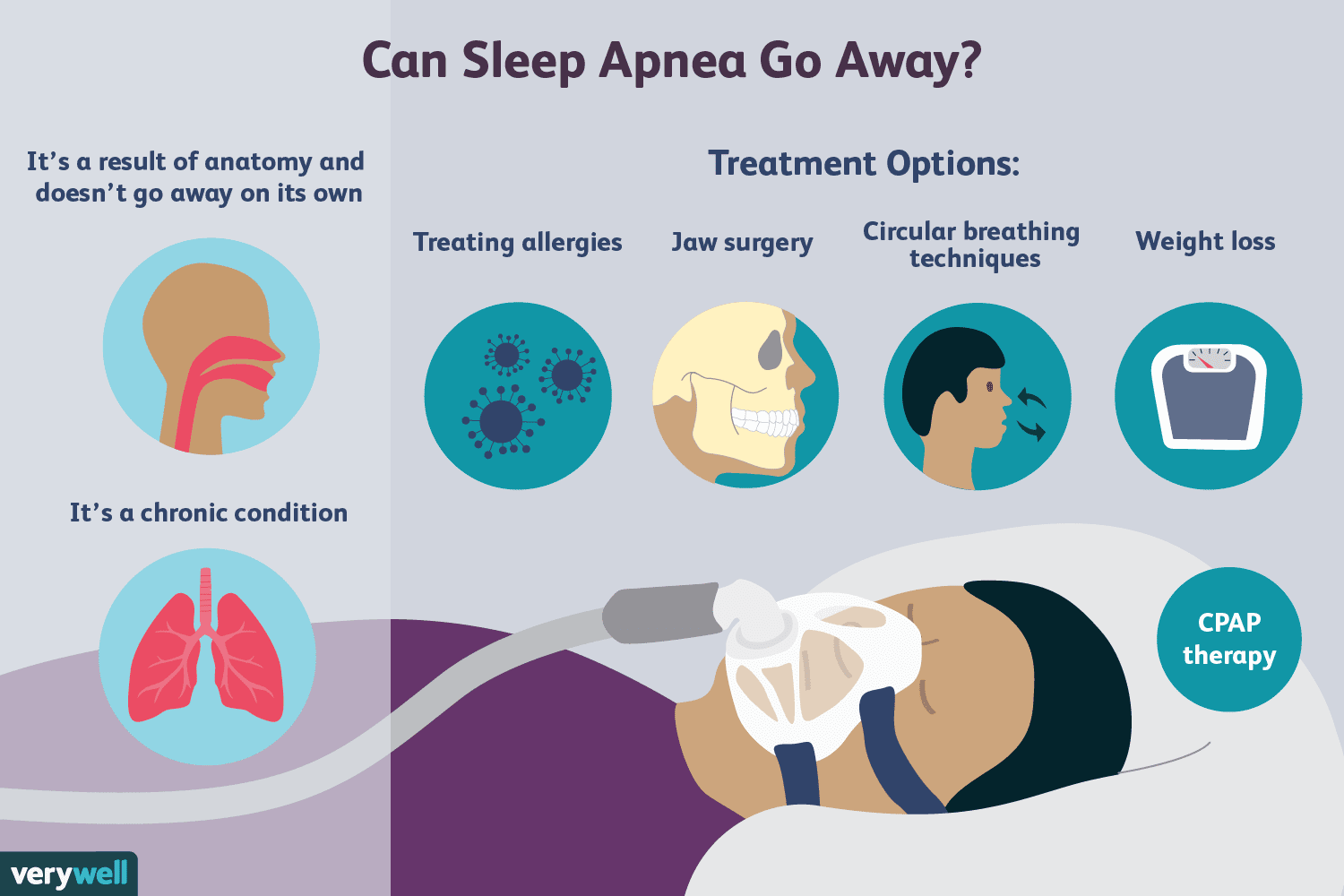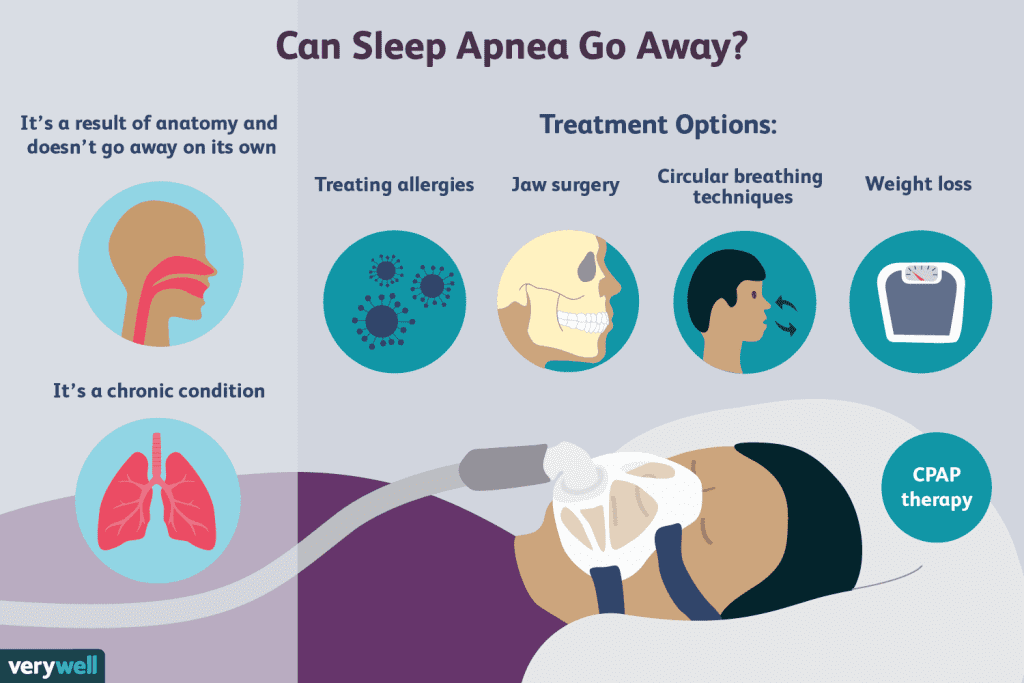
Sleep apnea is a prevalent sleep disorder that can have a significant impact on a person’s health and quality of life. It is characterized by breathing disruptions during sleep, which can lead to daytime sleepiness, fatigue, and other health problems. While there is currently no cure for sleep apnea, there are effective treatments available that can help manage the condition and improve symptoms.

One of the most common and effective treatments for sleep apnea is the use of a Continuous Positive Airway Pressure (CPAP) machine. This device delivers a steady flow of air pressure through a mask that is worn over the nose or mouth during sleep. The air pressure helps to keep the airway open and prevent breathing disruptions, allowing for more restful sleep and reduced daytime sleepiness.

Another treatment option for sleep apnea is oral appliances. These devices are custom-made to fit the mouth and are designed to keep the airway open by repositioning the jaw or tongue during sleep. Oral appliances can be an effective treatment option for mild to moderate cases of sleep apnea.
In some cases, surgery may be recommended to treat sleep apnea. Surgical options can include removing excess tissue in the throat or repairing structural abnormalities in the airway. However, surgery is usually only recommended for severe cases of sleep apnea that have not responded to other treatments.
In addition to these treatments, there are also lifestyle changes that can help manage sleep apnea symptoms. Maintaining a healthy weight, avoiding alcohol and tobacco, and practicing good sleep hygiene can all help reduce the severity of sleep apnea symptoms.
HERE ARE SOME TIPS TO MANAGE SLEEP APNEA;
- Seek medical advice: If you suspect that you have sleep apnea, it is crucial to consult a doctor. Your doctor may recommend a sleep study to diagnose the severity of your condition and provide suitable treatment options.
- Maintain a healthy lifestyle: Maintaining a healthy lifestyle can help alleviate the symptoms of sleep apnea. This includes eating a balanced diet, avoiding alcohol and tobacco, and exercising regularly.
- Try oral appliances: Oral appliances are another treatment option for sleep apnea. These devices are designed to keep the airway open by repositioning the jaw or tongue during sleep.
- Consider surgery: In severe cases, surgery may be recommended to remove excess tissue in the throat or repair structural abnormalities in the airway.
- Practice good sleep hygiene: Practicing good sleep hygiene can also help manage sleep apnea. This includes maintaining a regular sleep schedule, creating a comfortable sleep environment, and avoiding caffeine and heavy meals before bedtime.
Managing sleep apnea requires a comprehensive approach that involves medical intervention, lifestyle changes, and good sleep hygiene practices. With proper treatment and management, most people with sleep apnea can enjoy a better quality of life and avoid potential health complications.
In conclusion, while there is currently no cure for sleep apnea, there are effective treatments available that can help manage the condition and improve symptoms. It is important to speak with a doctor if you suspect you have sleep apnea to receive a proper diagnosis and develop an individualized treatment plan. With proper treatment and management, people with sleep apnea can enjoy improved sleep and overall health.



